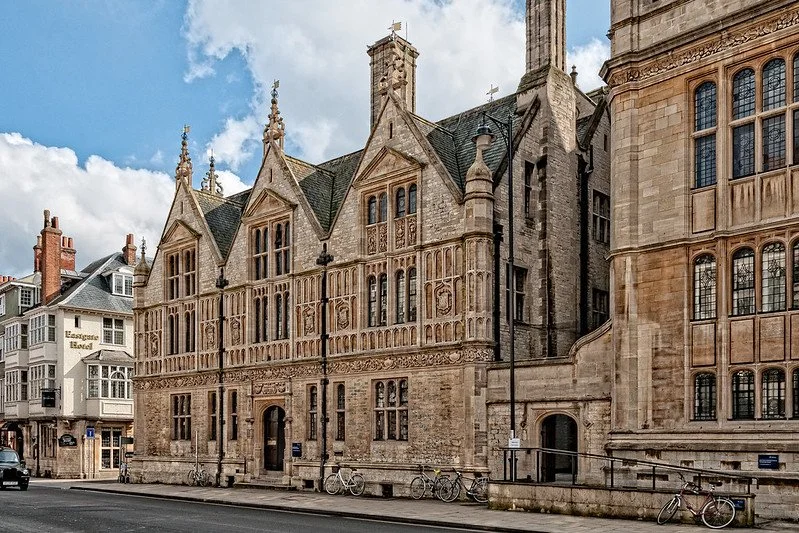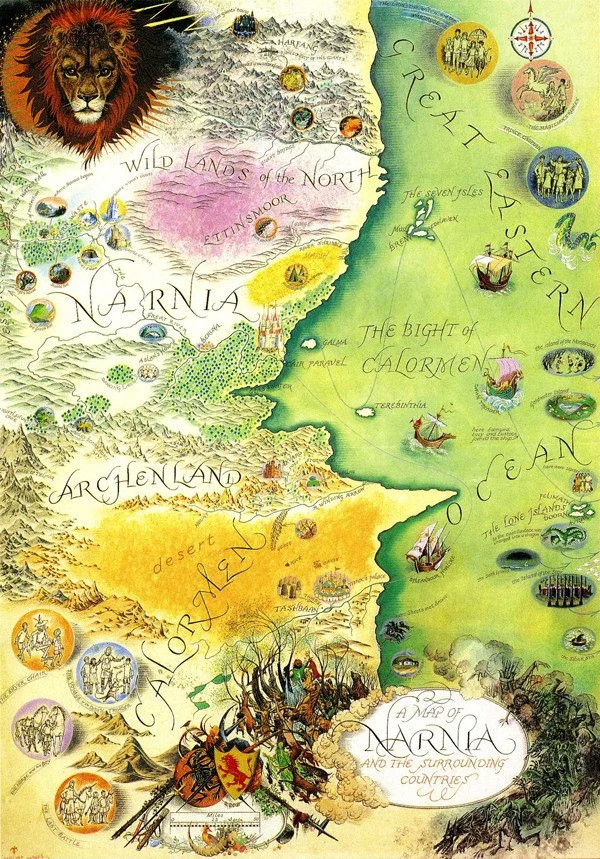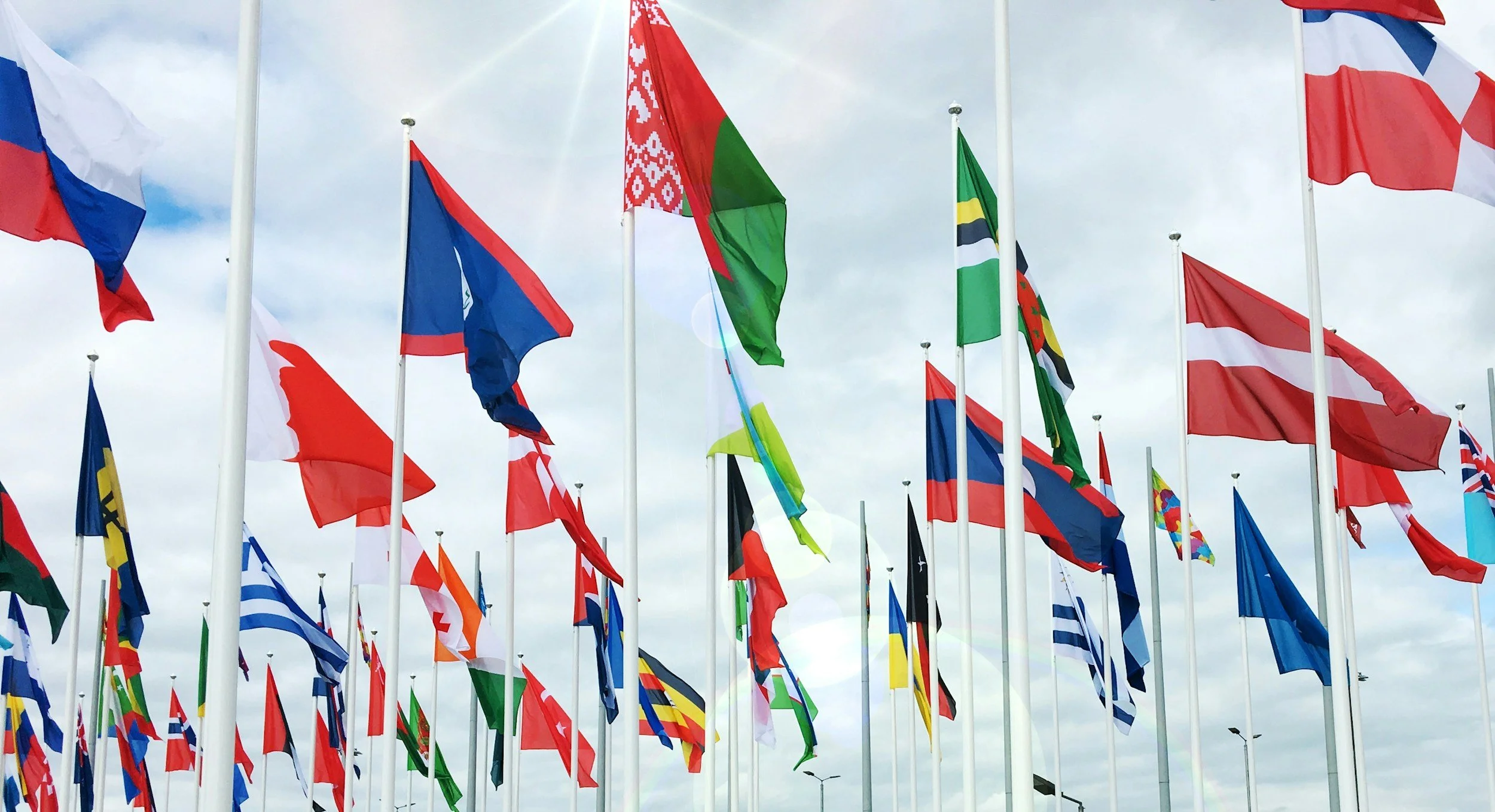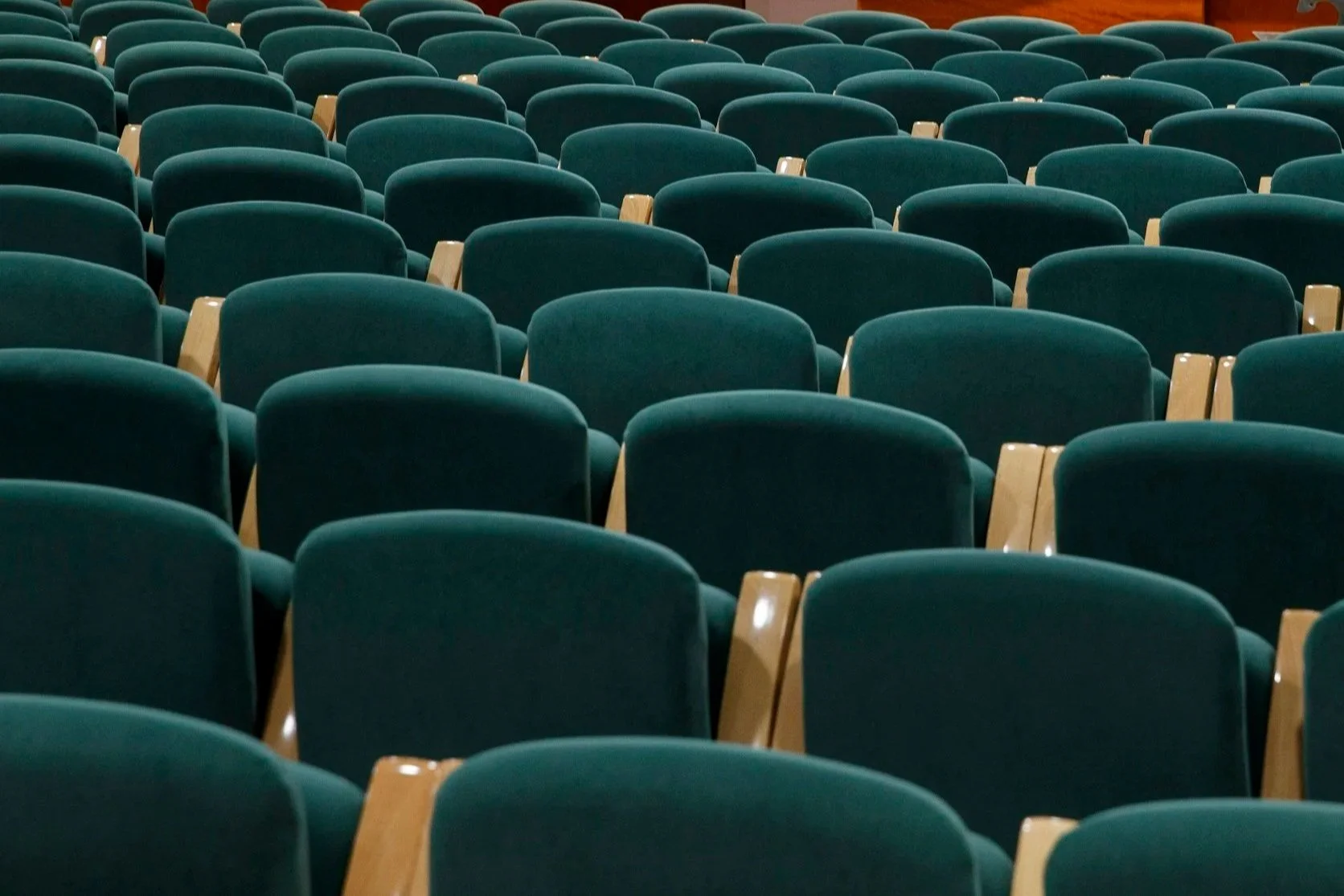The seventh global goal is to provide affordable and reliable access to clean energy sources worldwide once the SDGs are due in 2030. While reaching this goal includes overcoming numerous challenges, the global community is on a good path to increase the share of renewable energy sources, increase energy efficiency and reduce emissions caused by energy production.
SDG 8: Decent Work and Economic Growth
SDG 6: Clean Water and Sanitation
The sixth global goal is to provide safe and secure access to clean water and sanitation worldwide once the SDGs are due in 2030. While reaching this goal includes overcoming numerous challenges, the global community is on a good path to improve water quality and availability and ensure access and sustainable management of water sources through many different programs.
Top 10 Books About International Relations
As part of your preparation for a MUN conference, it is a good idea to learn a bit more about the United Nations itself. We have compiled a list of books that have been recommended by Oxford University students about global politics and the UN. We have included a mixture of books that will inspire you to consider diplomacy as a career and books that will force you to think more critically about the structural deficiencies of the UN.
SDG 5: Gender Equality
SDG 4: Education for all
The fourth global goal is to ensure equitable quality education worldwide once the SDGs are due in 2030. While reaching this goal includes overcoming numerous challenges, the global community is on a good path to improving learning opportunities around the world and enabling a large part of humanity to enjoy high standards of eduction.
Understanding the UN: how to tell your GA from your ICJ
With its complicated acronyms, technical vocabulary and confusing internal procedures, understanding the structure of the UN can seem like a daunting task. This article aims to shed some light on the various agencies of the UN, examine the roles they each perform and explain how they all fit together.
SDG 3: good health and well-being
The third global goal is to ensure good health and well-being worldwide once the SDGs are due in 2030. While reaching this goal includes overcoming numerous challenges, the global community is on a good path to improving collective health and fighting the most important physical and mental health issues of our times.
SDG 2: eradicate hunger worldwide
The UN in 2020: what's on its agenda?
'Anniversaries are not about celebrating the past; they are about looking ahead'.
With these words, Antonio Guterres, Secretary-General of the United Nations, began his speech outlining the UN's agenda for 2020. This year marks the 75th anniversary of the United Nations and the organisation has committed to making it a 'year of urgency' for international development.
SDG 1: eradicate poverty globally
The Future We Want: an introduction to the SDGs
The Sustainable Development Goals were announced by the UN General Assembly in 2015 and will define the upcoming decade until their completion in 2030. Here is an introduction the main aims set out by the global community and an overview of the 17 SDGs. Stay put for more in-depth information about the SDGs over the upcoming weeks.
What to Look Forward to at the 2020 Home Conference!
OG COVID-19 Statement
GSYL Goes Digital (COVID-19 Statement)
Highlights from Home Conference 2019
Why We Chose the Sustainable Development Goals for Home Conference 2020
The American Withdrawal from the Paris Agreement and Dangers of Donald Trump
On the 5th of November, the United States began the official process of withdrawing from the Paris Agreement, a decision taken by President Donald Trump in 2017 which will see the US physically removed from this treaty on the day after the US 2020 election. While this move has received international condemnation from prominent world leaders, it remains necessary to consider the fundamental impact the US withdrawal will have on the Paris Agreement’s mission: to prevent the extreme rise of global temperature. Although the Trump administration can be accused for shirking its responsibility to fight climate change, considering the real impact of the Paris Agreement in this area causes us to reconsider the extent to which this move will be a disaster for international climate policy.
The Rise and Rise of the Aadhaar Regime
The Aadhaar (which translates to ‘foundation’ in Hindi) is a 12-digit identity number that Indian residents may (presently) choose to obtain. Residents who enrol with the the Unique Identification Authority of India to receive an Aadhaar are also provided a registration card, and are required to submit certain biometric and demographic data, including fingerprints and iris scans. This card serves as a valid proof of residence rather than citizenship. Importantly, the ease with which Aadhaar cards can be cross-referenced to such data has attracted much praise—the World Bank Chief Economic Paul Romer, for example, described it as the ‘most sophisticated ID programme in the world’. Since their introduction, Aadhaar cards have increased exponentially in popularity, but now their widespread use (which is in some cases compulsory) means proportionality analysis has become a necessity.
Horizontalism: Reducing the Barriers for Activists and Foreign Interference
On 10 December 2018, French President Emmanuel Macron delivered a public address in which he admitted fault and backtracked on policies introduced earlier that year regarding gas prices and minimum wage. It became the most viewed political speech in French history, with 23 million people having watched this rare admittance of defeat by Macron. This was a part of a series of concessions made to the Gilet Jaunes, or Yellow Vest, movement in France, whose decentralised protest style entered the zeitgeist once again and raised pertinent questions about the future of similar social movements, as evidence grows that other actors played a role in Macron capitulation.
























